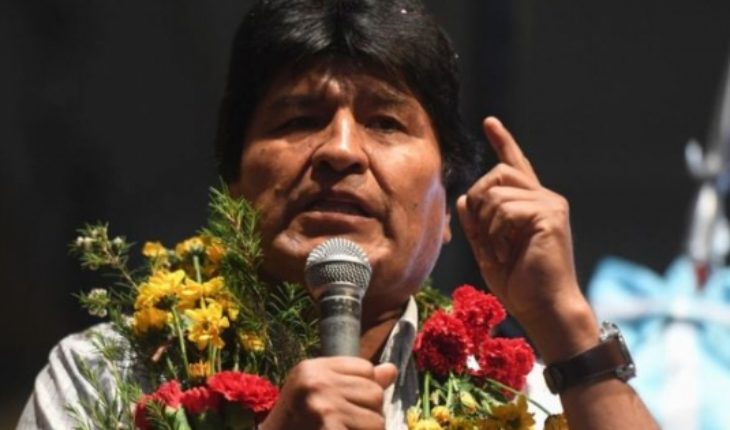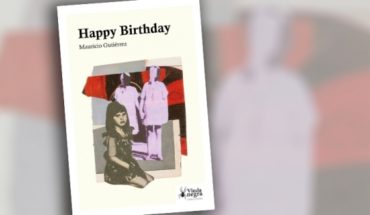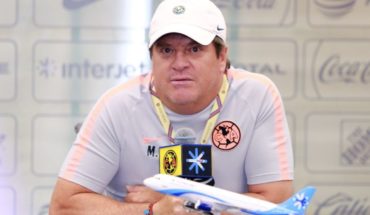The President of Bolivia, Evo Morales, is one step closer to his goal of trying to remain in power until the year 2025.
On Tuesday night, the Supreme Electoral Court of Bolivia (TSE) gave the green light so that Morales and his current Vice President Álvaro García Linera participate as candidates by the ruling movement toward socialism in the primary elections that will be held in January 2019 and which will be chosen for those who may be presented to the General voting in October of next year.
“I don’t want to, but I can not disappoint my people”: Evo Morales pronounce on his third re-election and the intention of staying in power until 2025 the vowels of the TSE conducted an emergency meeting to elucidate this issue on which they pronounce more take next Saturday. Despite the split decision, the majority of electoral authorities opted to empower the current Bolivian President.
February 21, 2016, Morales lost in a referendum which sought to enable for a fourth term, however, a year after that country’s Constitutional Court ruled that the current President could continue to seek re-election indefinitely claiming that it was part of their “human rights”.
During a press conference in which no questions from journalists were admitted, the President of the TSE, María Cristina Choque, read a resolution which were advertised candidatures which enabled, among which is included the duo’s were Linera Morales-Garcia.
Evo Morales: “I do not seek charges me I seek and I sought” more than 12 years the current Bolivian President came to power in January 2006 and is the Bolivian ruler who takes more time in exercise of the charge in the history.
A constitutional transition approved in 2009, in which was established the possibility of presidential reelection for two continuous terms of five years each, allowed him to seek re-election in 2010 and then again in 2014.
In 2016, supporters of Morales called a referendum to change the Constitution again to allow him to seek a new term in 2019, but the proposal was rejected by the majority of the electors by a narrow margin.
Copyright of the imagenGETTY IMAGESImage critical captionLos of Evo Morales claim that the President wants to perpetuate in power. Despite this, the Constitutional Court ruled in November of 2017 that two periods for the presidential term limit constituted a violation of the human rights of the ruler by that allowed Morales to run again.
Opponents of Bolivian President accuse him of wanting to perpetuate in power and point out that the Tribunal ignored the results of the referendum of 2016.
Bolivia says ‘No’ in a referendum to another reelection of Evo Morales, for his part, he told BBC News in an interview last year that he does not want to run but making it to “not to disappoint his people”.
Why is a controversial decision?
Boris Miranda
website, correspondent for BBC World
Evo Morales enabling divides Bolivia in a way seen rarely in recent years.
Critics of the current President they assert and promote the defence of the referendum that the Government lost in 2016 and argue that it is a binding and mandatory popular mandate.
From the pro-Government side, Evo fans say No to re-election victory was by a very narrow margin (51.3% against 48.7%) and argue that the Constitutional Court is the instance higher and unquestionable to discern polemics in Bolivia.
It should be noted that half of the authorities of that Constitutional Court that enabled Morales now occupies offices in the Bolivian Government apparatus.
The Bolivian opposition, for the third consecutive time, tried to articulate a “unity front” to cope with the current President and again failed. There are seven electoral options that will try to defeat Evo in 2019.
The Bolivian Supreme Electoral Tribunal was pointed out numerous times to be aligned to the ruling party, however many of its current components are the same that announced the defeat of Morales in the 2016 referendum.
All these elements have led to the decision announced in this Tuesday night is, at the very least, controversial.





